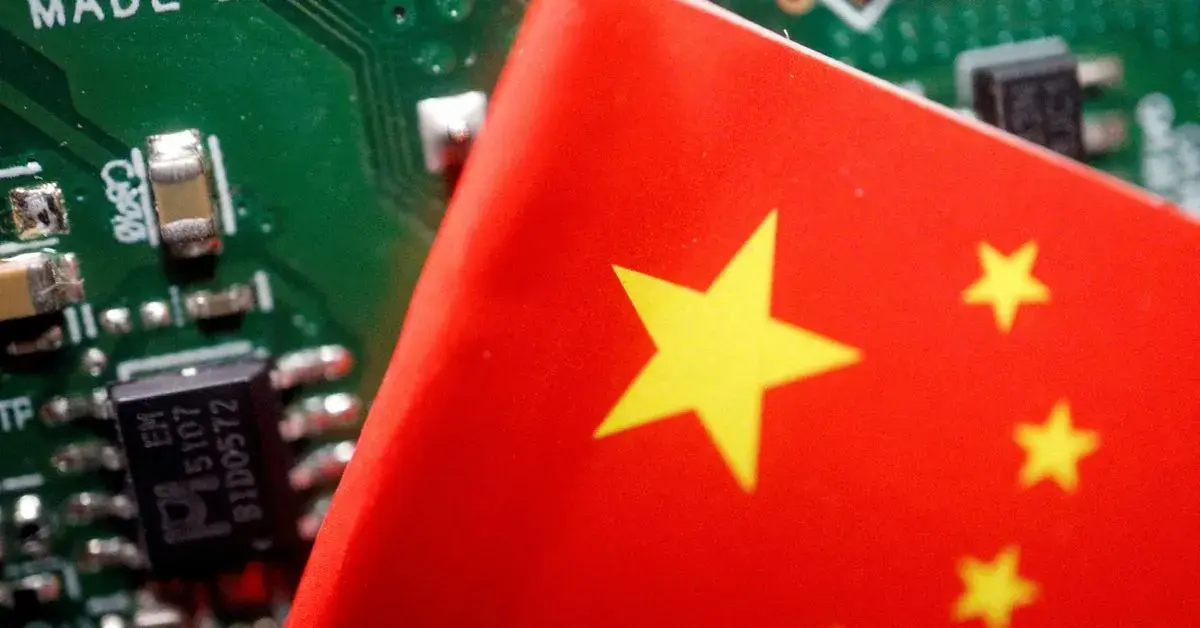The important thing about RISC-V is that it’s a completely open CPU architecture that could be competitive with ARM. It’s arguably the best chance we have at performant computing hardware that doesn’t spy on us or become useless after just a few years. We need this.
Blocking its development would be a big win for certain corporations, and a loss to basically everyone else. The AutoTL;DR bot didn’t capture that side of the issue, but a quote in the article does allude to it:
“It would be like banning us from working on the internet,” Kang said. “It would be a huge mistake in terms of technology, leadership, innovation and companies and jobs that are being created.”
I don’t understand what you mean. Why does ARM hardware become obsolete after a few years? Lacking ongoing software support and no mainline Linux?
What does that have to do with the instruction set license? If you think RISC-V implementors who actually make the damn chips won’t ship locked hardware that only run signed and encrypted binary blobs, you are in for a disappointing ride.
Major adopters, like WD and Nvidia didn’t pick RISC-V over arm for our freedoms. They were testing the waters to see if they could stop paying the ARM tax. All the other stuff will stay the same.
Why does ARM hardware become obsolete after a few years? Lacking ongoing software support and no mainline Linux?
Correct. (And firmware support.)
What does that have to do with the instruction set license?
Barrier to entry (cost) and license restrictions (non-disclosure) are generally problematic for anyone wanting to ship open hardware.
If you think RISC-V implementors who actually make the damn chips won’t ship locked hardware that only run signed and encrypted binary blobs, you are in for a disappointing ride.
I don’t think anyone expects existing ARM device makers to change their behavior with RISC-V. Rather, RISC-V opens the door to new players who do things differently.
Seeing the runaway succes of others like Nvidia, Apple, Mediatek, do you think any meaningful new entries are going to deviate from their playbook?
Being a good citizen with regards to transparency in firmware and Linux support is not a proven differentiator for these vendors and shown time and time again not to be a requirement for success.
I see steadily increasing interest in privacy, data security, repairability, and e-waste reduction. The markets for these things may be relatively small today, but they are growing, and open hardware can address all of them.
do you think any meaningful new entries are going to deviate from their playbook?
Curious choice of words. I suppose it depends on how we define “meaningful”. There are measures of success other than becoming a trillion-dollar market capitalization tech giant. There are many businesses that succeed despite being different, in some cases because they are different.
More concretely, we have already been seeing new entries for several years. (Purism and Raptor Computing Systems, for example.) They have thus far been limited in what they can offer, partly due to the lack of truly open and affordable components, and partly because the demand for products like theirs is just getting started. But both of those hindrances are changing.
I think how much this area will develop and grow depends on how we either support it or impede it with obstacles. I hope attempts at short-term defence against a rival won’t lead us to shoot ourselves in the foot.
Not only that, taking action against open source for “national security” is definitely a road we should not go on! It’s not that far away from Microsoft claiming Linux is going to give China an unfair advantage.
Smells like lobbyists in here.
Yep. I’m close enough to DC right now that I could call up a few colleagues and ask who’s tugging on elbows and putting envelopes on tables at lunch lately.
🤖 I’m a bot that provides automatic summaries for articles:
Click here to see the summary
The lawmakers expressed concerns that Beijing is exploiting a culture of open collaboration among American companies to advance its own semiconductor industry, which could erode the current U.S. lead in the chip field and help China modernize its military.
Such calls to regulate RISC-V are the latest in the U.S.-China battle over chip technology that escalated last year with sweeping export restrictions that the Biden administration has told China it will update this month.
U.S. persons should not be supporting a PRC tech transfer strategy that serves to degrade U.S. export control laws," Representative Michael McCaul, chairman of the House Foreign Affairs Committee, said in a statement to Reuters.
McCaul said he wants action from the Bureau of Industry and Security, the part of the Commerce Department that oversees export-control regulations, and would pursue legislation if that does not materialize.
“I fear that our export-control laws are not equipped to deal with the challenge of open-source software - whether in advanced semiconductor designs like RISC-V or in the area of AI - and a dramatic paradigm shift is needed,” Warner said in a statement to Reuters.
The RISC-V technology came from labs at the University of California, Berkeley, and later benefited from funding by the Pentagon’s Defense Advanced Research Projects Agency (DARPA).
Saved 75% of original text.
Any non-paywall links?
What paywall? It opens fine for me.
I guess it’s possible that uBlock Origin is hiding an overlay in my browser. This might help you:
FYI, I think Reuters sometimes wants people go login with a free account. At least free for now…
deleted by creator
FFS. I’m literally in the process of learning digital circuit design, anything towards RISC-V because I love open source and intend to contribute HDL.
I’m willing to bet that there’s some ARM and/or x86 lobbyist influence here as RISC-V is a huge threat established ISAs that rely on licensing IP with burdensome restrictions, rather than innovating for their business models.




